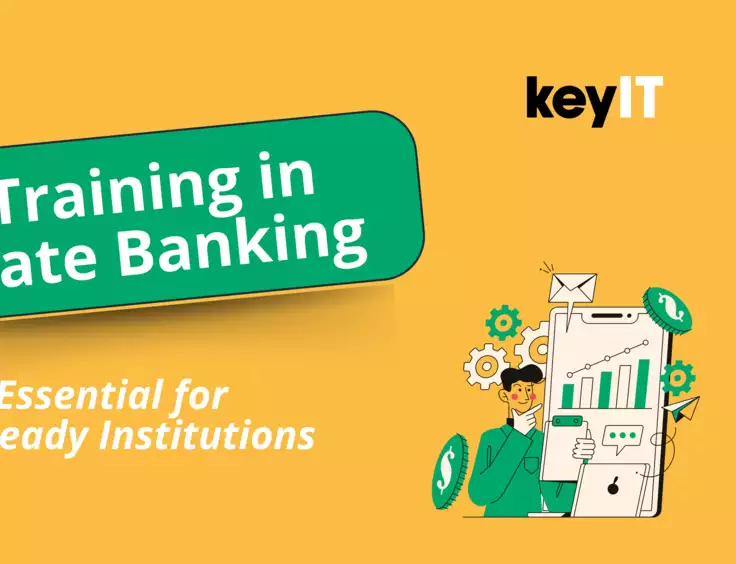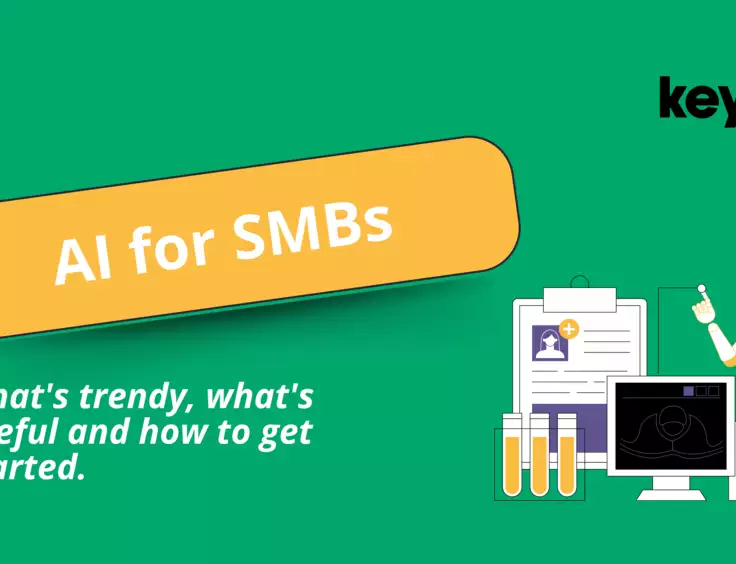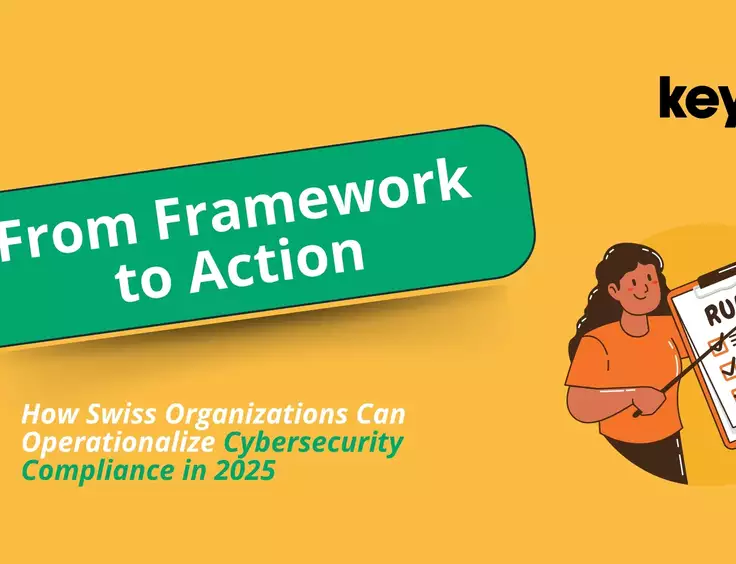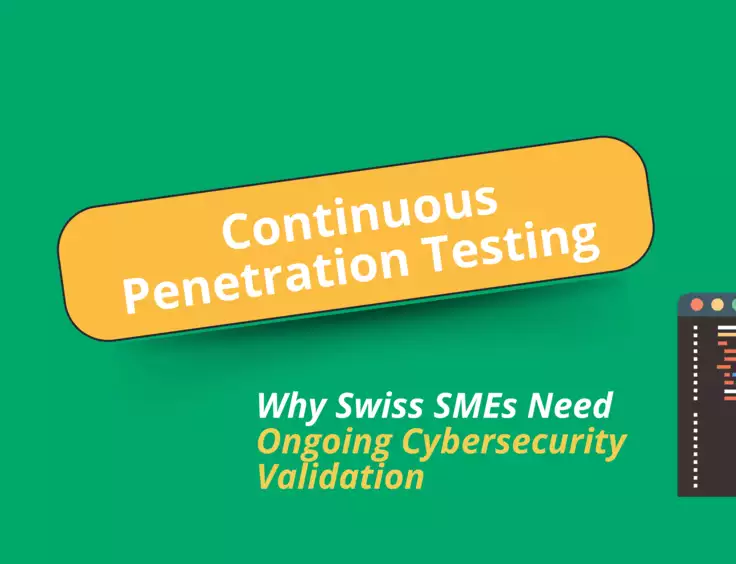Microsoft Copilot Breach: What EchoLeak Taught Us About AI and Data Security (SME Edition)
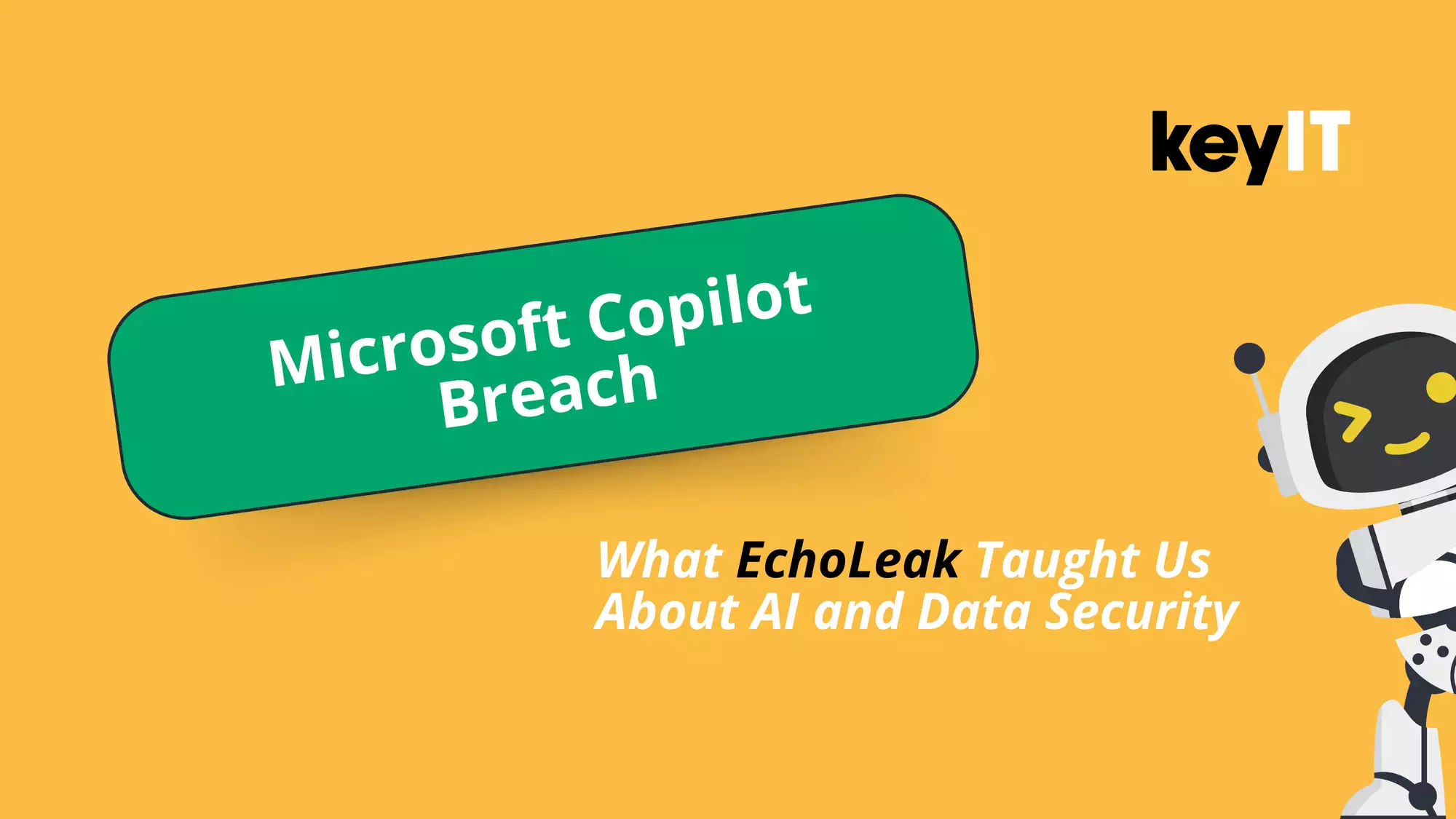
The recent EchoLeak flaw in Microsoft 365 Copilot revealed a new type of cybersecurity risk. To learn more about how to securely implement this tool, visit our Microsoft 365 Copilot service page: AI agents leaking sensitive business data with zero user action. This isn't just a technical concern - it impacts how teams collaborate, how leaders manage risk, and how businesses can safely adopt AI. At keyIT, our Cloud Security Engineer shares how SMEs can continue to benefit from AI tools like Copilot while protecting employees, customers, and data from emerging threats. This article outlines practical, business-aligned steps to secure AI agents without slowing down innovation.
From keyIT's Senior Cloud Architect, Leader of Datacenter and Cloud, Mauro Musso
"At keyIT, we work closely with business leaders and IT teams to ensure that adopting AI is not a security compromise. The EchoLeak flaw highlights the risks, but also provides a roadmap. By using the right tools, governance, and training, companies can embrace AI confidently."
Understand the EchoLeak Risk
→ In April 2025, security researchers uncovered a flaw in Microsoft 365 Copilot that allowed attackers to trigger data leaks without any user interaction. A well-crafted email could quietly manipulate Copilot into exposing sensitive files, conversations, or emails simply by processing the message in the background. This kind of "zero-click" attack is especially concerning because it bypasses traditional defenses that rely on users spotting phishing attempts or behaving cautiously.
→ For business leaders, the takeaway is clear: AI agents are no longer passive tools. They're active participants in daily operations, and as such, they require the same level of oversight as any employee with access to sensitive data.
→ For business leaders, the takeaway is clear: AI agents are no longer passive tools. They're active participants in daily operations, and as such, they require the same level of oversight as any employee with access to sensitive data.
Secure Data Access and Permissi
→ The effectiveness of any AI assistant depends on the data it can reach. But that access can become a liability if not carefully managed. Giving Copilot broad access to email, files, or chat histories may boost productivity, but it also increases the potential impact of an exploit like EchoLeak.
→ This is why structured data governance is crucial. Labeling sensitive data, enforcing least privilege access, and regularly reviewing permissions helps contain what an AI agent can see—and what it can mistakenly share. It’s not about restricting functionality; it’s about building smart boundaries.
→ This is why structured data governance is crucial. Labeling sensitive data, enforcing least privilege access, and regularly reviewing permissions helps contain what an AI agent can see—and what it can mistakenly share. It’s not about restricting functionality; it’s about building smart boundaries.
Harden AI Agents Against Prompt Injection
→ Prompt injection is a new class of attack that manipulates how AI agents understand and act on instructions. In the case of EchoLeak, attackers embedded hidden commands in everyday emails and without any user interaction, Copilot interpreted and acted on them, exposing sensitive content in the process.
→ To avoid such attacks, businesses need to think of AI prompts the way they think about user inputs in software, as something that must be cleaned, filtered, and tightly controlled. One of the most effective ways to do this is by implementing prompt shields and immutable system prompts, which ensure external data can’t tamper with the core instructions AI agents follow.
→ Tools like Microsoft Purview help by setting governance boundaries around what data Copilot is allowed to access or respond with. keyIT also provides a tailored solution through SecuredGPT, which implements prompt injection defenses, access control, and safe AI agent configuration for Microsoft 365 environments. around what data Copilot is allowed to access or respond with. Combined with input validation frameworks and policies that isolate AI context sessions, these steps significantly reduce the risk.
This isn’t just a theoretical threat. Prompt injection has already been used in real-world breaches. Every company using AI agents should see this as a fundamental aspect of their cybersecurity posture.
→ To avoid such attacks, businesses need to think of AI prompts the way they think about user inputs in software, as something that must be cleaned, filtered, and tightly controlled. One of the most effective ways to do this is by implementing prompt shields and immutable system prompts, which ensure external data can’t tamper with the core instructions AI agents follow.
→ Tools like Microsoft Purview help by setting governance boundaries around what data Copilot is allowed to access or respond with. keyIT also provides a tailored solution through SecuredGPT, which implements prompt injection defenses, access control, and safe AI agent configuration for Microsoft 365 environments. around what data Copilot is allowed to access or respond with. Combined with input validation frameworks and policies that isolate AI context sessions, these steps significantly reduce the risk.
This isn’t just a theoretical threat. Prompt injection has already been used in real-world breaches. Every company using AI agents should see this as a fundamental aspect of their cybersecurity posture.
Monitor and Respond to Anomalies
→ AI agents introduce a dynamic, real-time dimension to data access. Their actions may not always be visible to users, which is why continuous monitoring is essential. To achieve this, businesses can use Microsoft Purview Audit, which logs every Copilot interaction and supports detailed tracking of who accessed what, when, and through which app.
→ In addition to logging, Microsoft Defender for Cloud Apps provides behavioral analytics that help detect when something out of the ordinary is happening, such as Copilot pulling large volumes of files at odd hours or querying unexpected repositories. These insights allow IT teams to investigate and respond quickly, and when combined with automated alerting and well-defined incident response plans, they transform Copilot from a black box into a transparent, auditable tool that can be trusted.
→ In addition to logging, Microsoft Defender for Cloud Apps provides behavioral analytics that help detect when something out of the ordinary is happening, such as Copilot pulling large volumes of files at odd hours or querying unexpected repositories. These insights allow IT teams to investigate and respond quickly, and when combined with automated alerting and well-defined incident response plans, they transform Copilot from a black box into a transparent, auditable tool that can be trusted.
Train Your Teams and Reinforce Polic
→ For a more structured learning path, keyIT offers a hands-on Microsoft 365 Copilot Workshop that equips teams with practical knowledge on secure Copilot usage. Technology alone can't secure an organization. Employees need to understand how AI works, what it can do, and where the risks lie. Most prompt injection attacks rely on ignorance or indifference. Educating users is one of the most cost-effective defenses available.
→ Equally important are the policies that govern AI use. These should be living documents, reviewed regularly and adapted as AI capabilities evolve. When teams know the rules, and those rules evolve with the threat landscape, security becomes part of the culture.
At keyIT, we believe in enabling progress securely. You don’t have to choose between innovation and protection. With the right strategies, your business can have both.
→ Equally important are the policies that govern AI use. These should be living documents, reviewed regularly and adapted as AI capabilities evolve. When teams know the rules, and those rules evolve with the threat landscape, security becomes part of the culture.
At keyIT, we believe in enabling progress securely. You don’t have to choose between innovation and protection. With the right strategies, your business can have both.
What to do next?
Explore how keyIT’s Microsoft 365 Copilot service can be tailored to your needs, and contact us for an AI readiness audit including Copilot deployment support or a dedicated Copilot workshop, Copilot configuration reviews, prompt injection risk assessments, and staff training plans.

